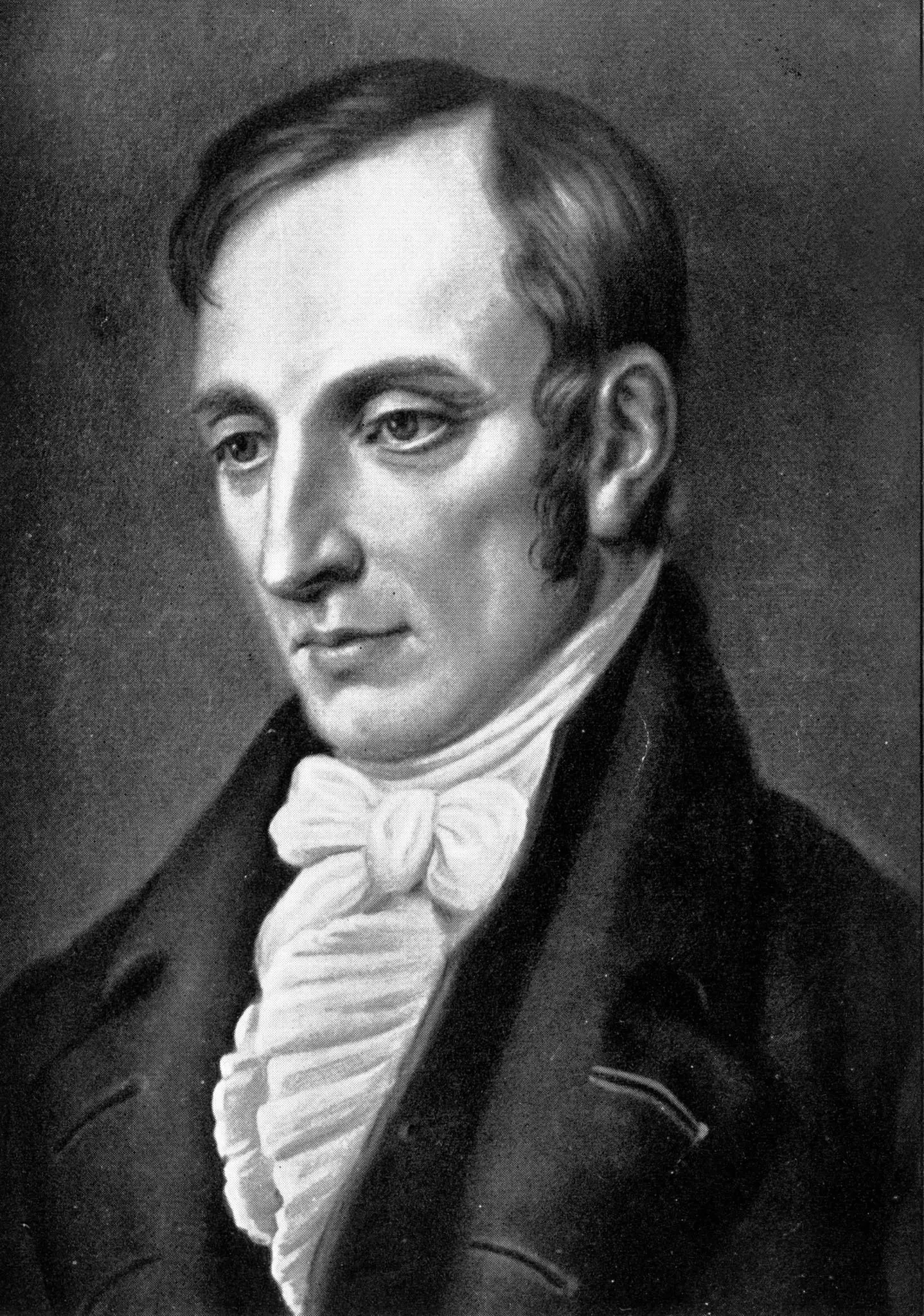
FULL POEM - SCROLL DOWN FOR LINE-BY-LINE ANALYSIS
There is a change—and I am poor;
Your love hath been, nor long ago,
A fountain at my fond heart’s door,
Whose only business was to flow;
And flow it did; not taking heed
Of its own bounty, or my need.
What happy moments did I count!
Blest was I then all bliss above!
Now, for that consecrated fount
Of murmuring, sparkling, living love,
What have I? shall I dare to tell?
A comfortless and hidden well.
A well of love—it may be deep—
I trust it is,—and never dry:
What matter? if the waters sleep
In silence and obscurity.
—Such change, and at the very door
Of my fond heart, hath made me poor.

LINE-BY-LINE ANALYSIS
STANZA 1
There is a change—and I am poor;
The poem begins in media res meaning that Wordsworth gets straight to the point – something in his life changed and his life is ‘poorer’ and worse as a result. The dash in this first line could convey Wordsworth’s pain as it represents a pause for him to compose himself.
Your love hath been, nor long ago,
We learn that it is the ‘love’ of a person that Wordsworth has lost.
A fountain at my fond heart’s door,
These two lines are a metaphor for the power of the bond they shared not ‘long ago’ as the image of a water fountain is powerful as it emits large quantities of water in constant succession.
Whose only business was to flow;
This line continues on from the ‘fountain’ metaphor and the ‘imagery’ of flow illustrates the love as constant, invariable, and continuous.
And flow it did; not taking heed
Of its own bounty, or my need.
Simplified, these two lines mean that the love he received never paid attention to the generous amounts it was given out in or Wordsworth’s need for it. The personification of love helps strengthen its power and meaning to him and compare losing it to losing a person.
STANZA 2
What happy moments did I count!
Wordsworth continues to reminisce on all of the happy moments they shared and this nostalgia emphasises that their love is confined to the past.
Blest was I then all bliss above!
‘Bliss’ conveys the great joy they shared and the religious connotations of ‘blest’ describe their love with spiritual and divine qualities. The plosive alliteration of ‘bliss’ and ‘blest’ and the rhyming with the previous line radiates a rhythmic pleasure which further conveys his happiness.
Now, for that consecrated fount
‘Now’ is a temporal marker acting to shock the reader into his ‘poorer’ current existence. The words ‘blest’ and ‘consecrated’ are taken from Christianity and help convey the spiritual, divine connection, and the comforting factor their relationship brought to him.
Of murmuring, sparkling, living love,
This triplet emphasises the extent of qualities that the love contained. The love was ‘murmuring’, conveying a soft but continuous quality and ‘sparkling’ to given an image of its beauty and power.
What have I? shall I dare to tell?
The repetition of the rhetorical questions is emotive as Wordsworth looks for something good, a redeeming factor in his current life with desperation.
A comfortless and hidden well.
Wordsworth quickly answers his own questions (an example of hypophora), but it is a bleak ‘comfortless’ image not one of condolence.
STANZA 3
A well of love—it may be deep—
The imagery of the well juxtaposes the imagery of the fountain in the first stanza, hence, emphasises the contrast in his life before and after he lost this person’s love. A ‘well’ is an image of loss and sadness, compared to the overflowing joy associated with the ‘fountain’.
I trust it is,—and never dry:
The fact that the well is ‘never dry’ implies there is still love at the bottom of Wordsworth’s heart as there is still water in the well and the water being personified as love is a recurring device throughout the poem.
What matter? if the waters sleep
In silence and obscurity.
The glimmer of hope that Wordsworth gave us that the ‘well’ is ‘never dry’ is dashed when he writes why does that matter if there is no flow to the water, hence, no sharing of that love. ‘Obscurity’ suggests something has changed about his love as ‘obscurity’ indicates the unknown.
—Such change, and at the very door
Of my fond heart, hath made me poor.
The last two lines repeat the imagery of the first stanza, giving the poem a cyclical structure. Wordsworth uses this to show the repeated nature of loss – yes he will recover in time but at some point, another loss will present itself.


